Entering the eighth day of their protest on Tuesday morning, protesters at Case Western Reserve University were sprayed with paint when they blocked contractors attempting to paint over pro-Palestinian graffiti.
This is the latest in a series of conflicts between protesters and the university that have been unfolding since early last week.
Police detained more than 20 individuals on the morning of Monday, April 29 on the Case campus after tents were set up in an encampment of protesters organized by the university’s Students for Justice in Palestine (SJP).
This encampment was inspired by similar protests in universities nationwide, such as the University of Southern California, Emory University, Columbia University and many others.
Most of the movements have been calling for two main demands: divestment from Israeli companies and cutting ties with Israeli academic institutions.
“The main issue is that a lot of these major institutions, universities and companies, is that some of their funds go into [supporting Israel’s military operation in Gaza],” said one protester. “What we are trying to do is have Case Western Reserve investigate where their funds are going and make sure it’s not funding Israel.”
Ohio law prohibits public universities from divesting from Israel, but since CWRU is private, the law does not apply.
CWRU initially permitted protests on campus on condition that they did not set up tents or voice hate speech in the encampment.
“We are seeing this in action right now, as individuals in support of Palestinian liberation are protesting on the Kelvin Smith Library oval,” CWRU President Dr. Eric Kaler wrote in an email to students. “We support these individuals’ rights to free speech, and Case Western Reserve police will protect their right to peaceful freedom of expression in accordance with our policies.”
After the individuals who had set up tents on CWRU grounds were arrested, an official curfew was imposed on the protesters from 8 a.m. to 8 p.m. on Monday.
As the curfew deadline approached, it became evident that the protesters had no intention of vacating the area.
“I urge you all to stand firmly and proudly alongside me in support of students’ rights to protest, no matter the issue,” Student Government President Basil Yaseen wrote in an email to the student body. “This is not how the CWRU administration should treat student protestors.”
To avoid a potential mass arrest, the CWRU administration decided to allow only current students, faculty and staff to continue their encampment overnight.
They checked the IDs of every individual present and only those who were allowed to stay were given wristbands. Anybody else was asked to leave. Additionally, the police department placed a steel barricade around the encampment with only one entry point to prevent any community members from entering unlawfully past 8 p.m.
However, on Tuesday evening, University officials did not check IDs.
Inside the encampment: Tuesday, April 30, 6:45 p.m. – 9:00 p.m.
The Kelvin Smith Library Oval at CWRU was surrounded by cars parked by community members attending the protest. One SUV, decorated with Palestinian symbols, was parked near the university entrance.
Beyond the East Blvd. entrance, around 200 individuals were situated on the oval grounds. The encampment was surrounded by metal fences with four large openings for people to move in and out. The fences were adorned with Palestinian flags and handmade posters.
A sign posted in front of the encampment listed the protesters’ demands:
- Amnesty for all students + faculty disciplined for advocating for Palestinian liberation;
- Divest all of CWRU’s finances from Israel profiteers, including implementing RES. 31-15;
- Disclose CRWU’s investments;
- Retract statements supporting Israel + condemning students + RES. 31-15;
- Call for Permanent Ceasefire + End the Occupation of Palestine;
- Cut Ties with Israeli academic institutions.
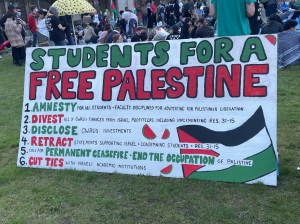
Protesters have come out in support of these demands following Israel’s retaliation for the October 7 attack, an attack against Israel estimated to have killed 1,200 people.
The stated goals of Israel’s counter-offensive are to return the 252 Israeli hostages abducted by Hamas as well as to eliminate the terror organization.
The last barrier to completing this goal is the city of Rafah in Gaza, on which the Israeli Defense Force (IDF) is currently advancing at time of publication.
Protesters are motivated by concern for civilian deaths, which the Gaza Health Ministry reports at over 34,000, a disputed number that likely includes both civilians and combatants. The IDF claims to do everything in its power to avoid civilian casualties.
“I am here in solidarity with some of my brothers and sisters for Palestine, or for the local community,” said a protester who did not want to give his name. “We are here to fight oppression for all people and we understand that capitalism is a system that is oppressing us and keeping us down.”
While proponents claim peaceful intentions, some protests have led to controversy. The NYPD was called to Columbia University on the night of April 30 after anti-Israel protesters forcefully took control and damaged Hamilton Hall.
At The University of California, Los Angeles, administrators were forced to cancel classes and call the police after violence broke out between pro and anti-Israel protesters.
This violence ensued after anti-Israel protesters started blocking students from accessing parts of campus which largely targeted Jewish students. In one instance, a Jewish female student was beaten unconscious by protesters.
The Anti-Defamation League (ADL) Center for Extremism has documented repeated antisemitic events during college protests.
“On April 17, a protester [at Columbia University] yelled ‘We are Hamas’ and others chanted: “Al-Qassam [in reference to the Izz ad-Din al-Qassam Brigades, Hamas’s military wing] you make us proud, kill another soldier now!” the center reported.
All six protesters whom the Beachcomber interviewed declined to provide their names, and all stated that they were not CWRU students.
Protesters downplayed the significance of the October 7 massacre, the largest massacre of Jews since the Holocaust.
“I don’t think it matters if [October 7] was necessary, I don’t think [the attack is] really like an important detail to grasp when you look at the larger case, you shouldn’t just focus on these specific things,” said one protester.
“You should never tell someone how to resist, especially during those circumstances,” said another protester. “I am Palestinian but I can’t even imagine what the Palestinians in Gaza are going through so I can’t tell them, oh why are you throwing rocks at soldiers?”
As time moved closer to curfew, non-student speakers started to rally the crowd with chants such as “Globalize the Intifada” and “Filastin Earabia,” meaning “Palestine is Arabic.”
A speaker named Dallas, a member of the Party for Socialism and Liberation (PSL), addressed the crowd.
“We’re gonna have some directions soon, but before we’re ready to hear those directions and understand where we’re going next, we need to make sure that you all remember why you are here today,” he said. “Not for the tents, not for the canopies, not for the administration but because Free! Free! Palestine!”
Protesters were put into breakout groups by a female speaker at 7:40 p.m.; protesters formed groups around the ground of the oval under the instruction of a dozen protest leaders. The purpose of these groups was to covertly discuss a plan to resist the curfew set for community members by forming a human blockade.
“You guys know that the decree ends at 8 p.m. and they want community members to be out, and they don’t allow us to have tents on the grounds; what we are trying to do is rally behind that and we are going to say no,” said a protest organizer leading a breakout group.
The breakout group leader further described how protesters would form layers of people, all surrounding tents to be placed in the middle. The outer layer of protesters would pull the fences in to block officers from entering. Those who intended to not move and were willing to be arrested were placed towards the center.
At 8 p.m. the protesters’ plan went into effect. Campus security made no move to remove trespassers. On Thursday, two days after protesters violated rules set by the CWRU administration, President Kaler sent out an update to the university community.
“It was our expectation that such guidelines would again be followed Tuesday and beyond. However, Tuesday evening the protesters broke the temporary revised guidelines described above, and they have allowed third parties, not currently affiliated with CWRU, to remain. Some protesters have disrupted university operations and access to university spaces such that some students, faculty and staff feel threatened,” Kaler wrote in an email.
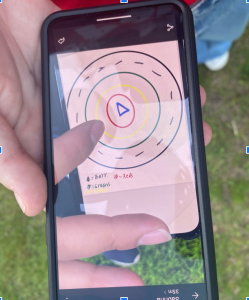
“As a result, the protest on the KSL Oval is no longer approved. The protesters’ continued presence and occupation is considered trespassing and is a violation of university policies. Students, faculty or staff who break such policies will be held accountable through the respective conduct process. These actions may also result in prosecution of protestors for criminal trespass and other crimes, whether or not they are affiliated with CWRU. In addition, protesters will be accountable for any anti-Semitic or other intimidating or harassing speech.”
As of Wednesday, May 8, protesters continue their encampment on the Kelvin Smith Library oval at CWRU, and no further action has been taken against them by the administration.


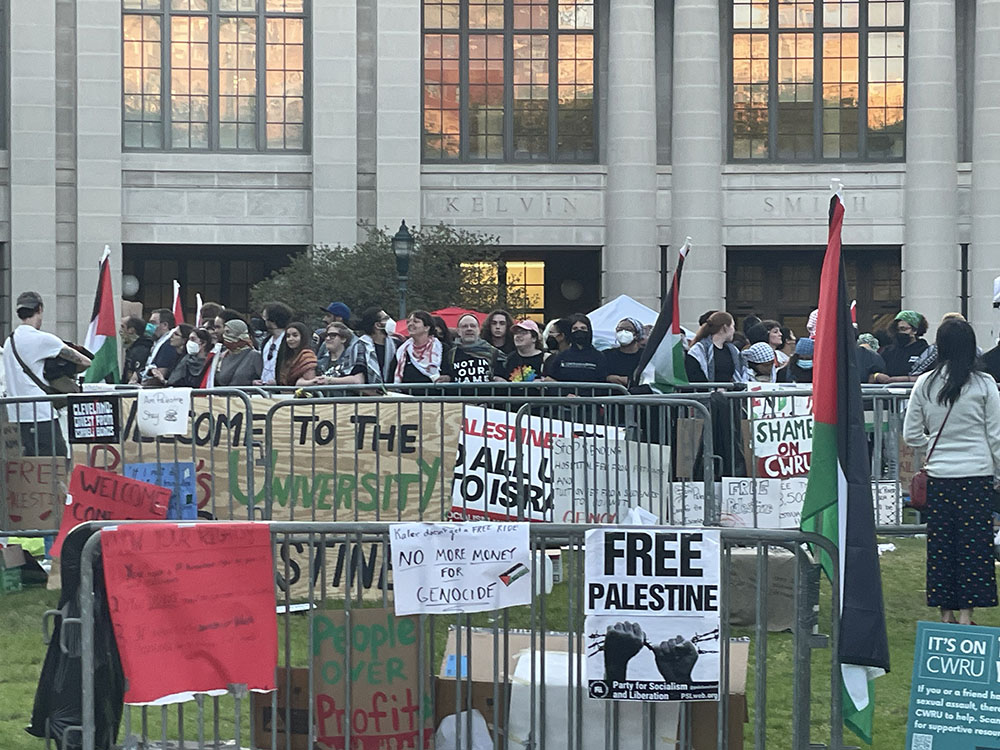

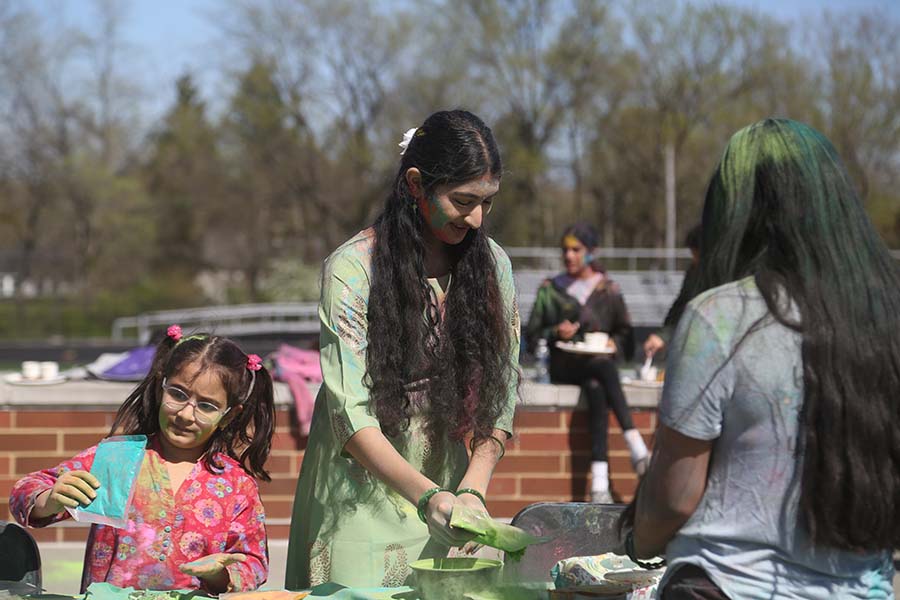
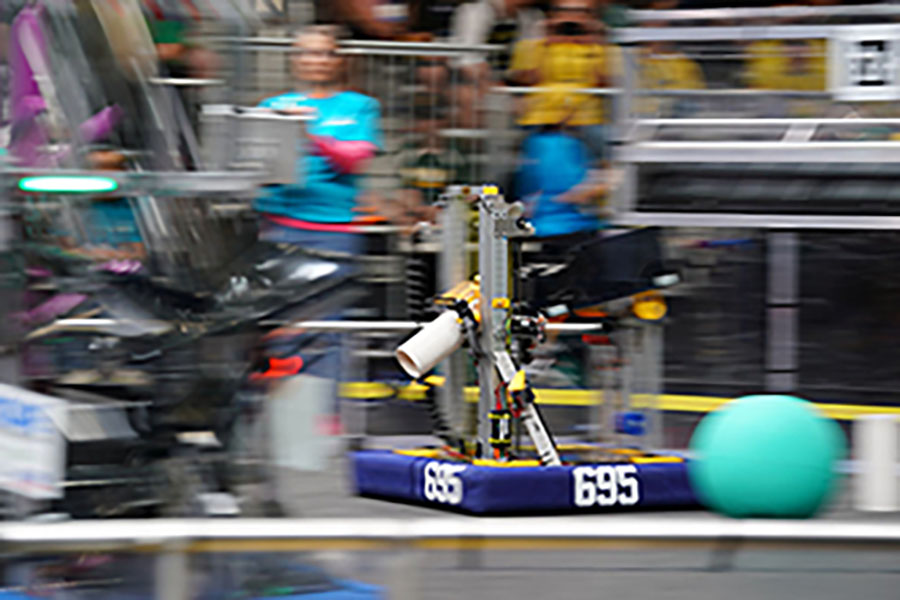
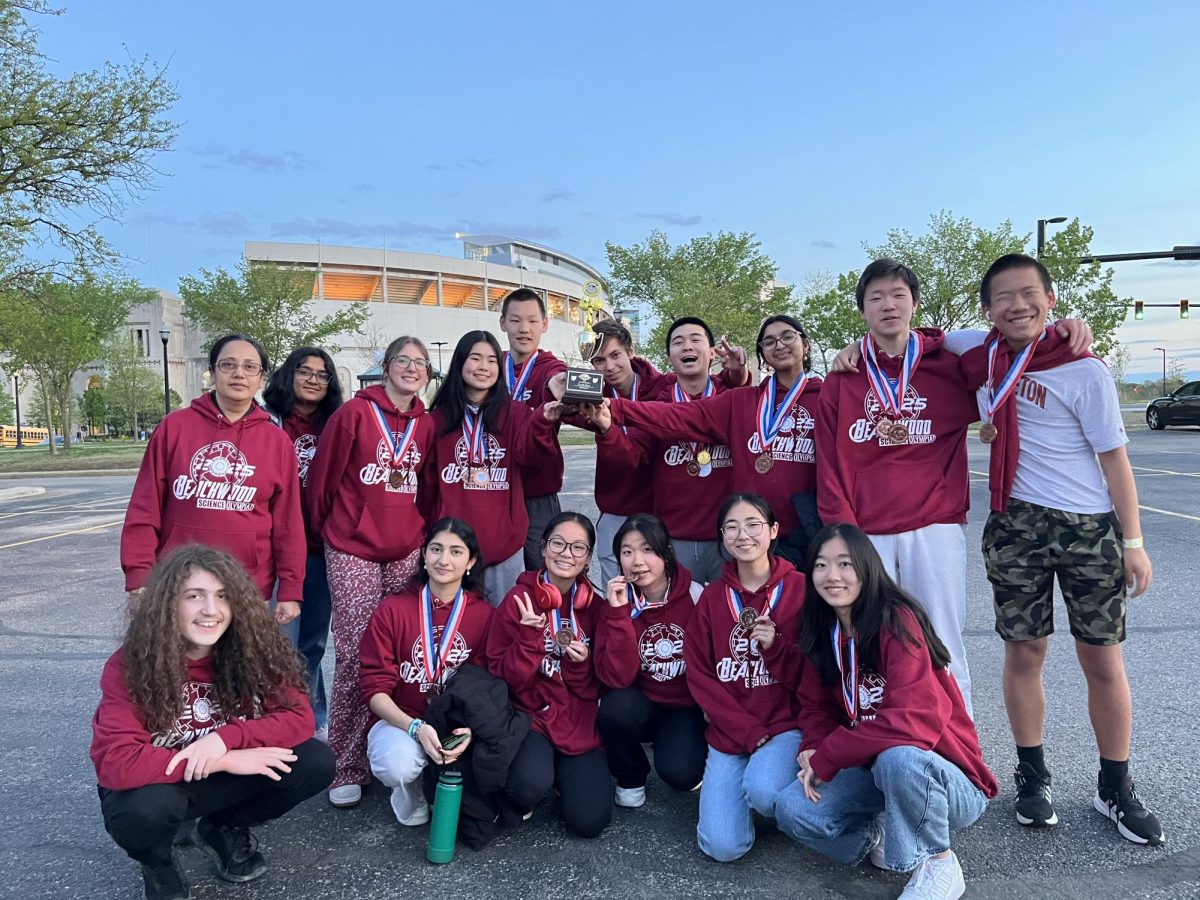
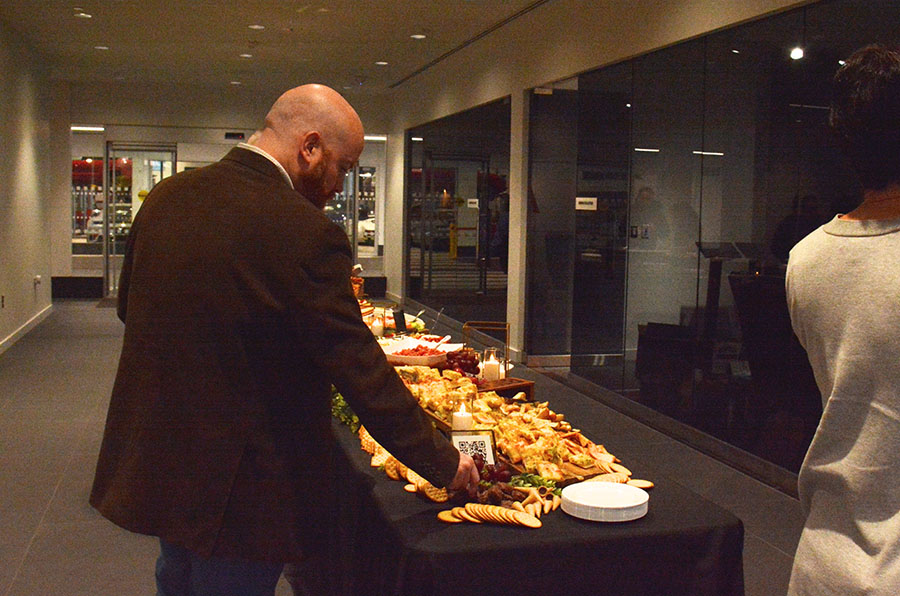
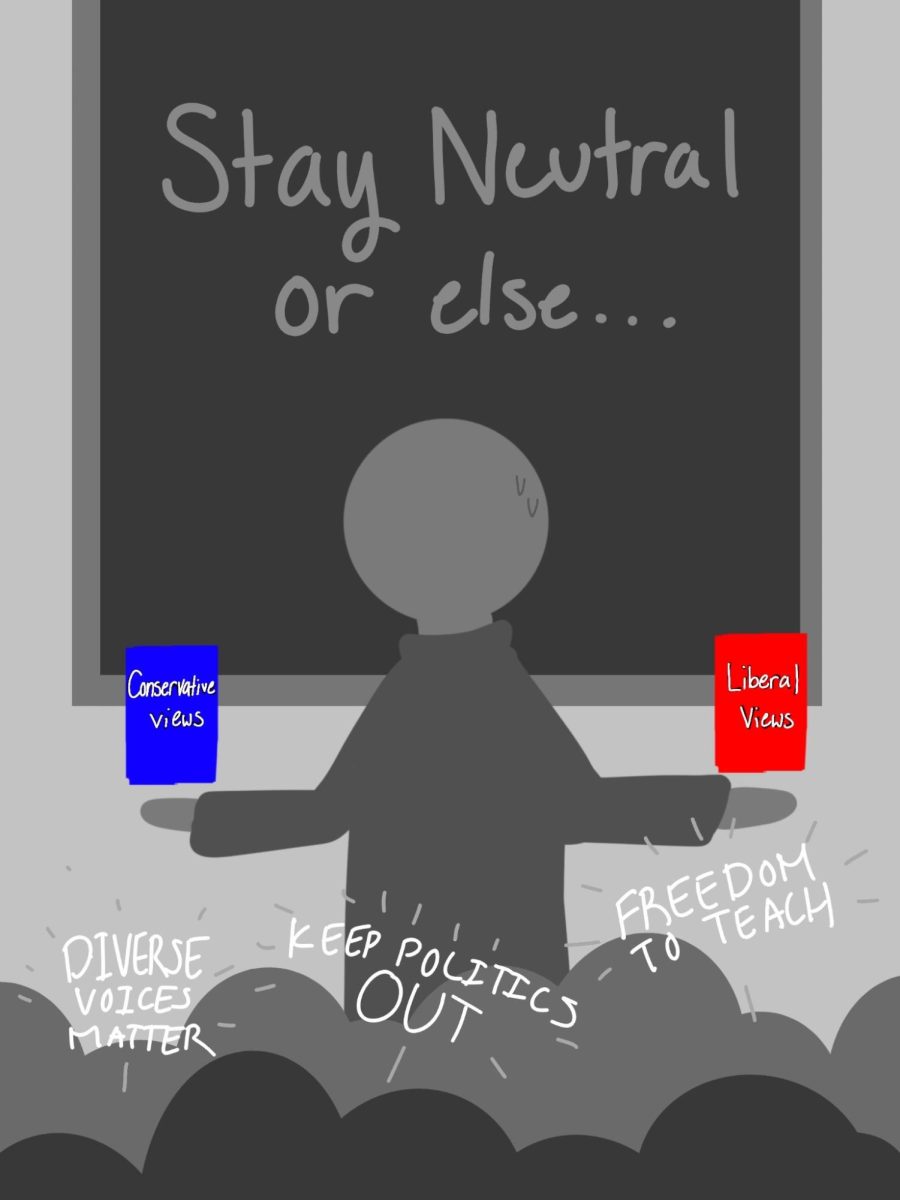
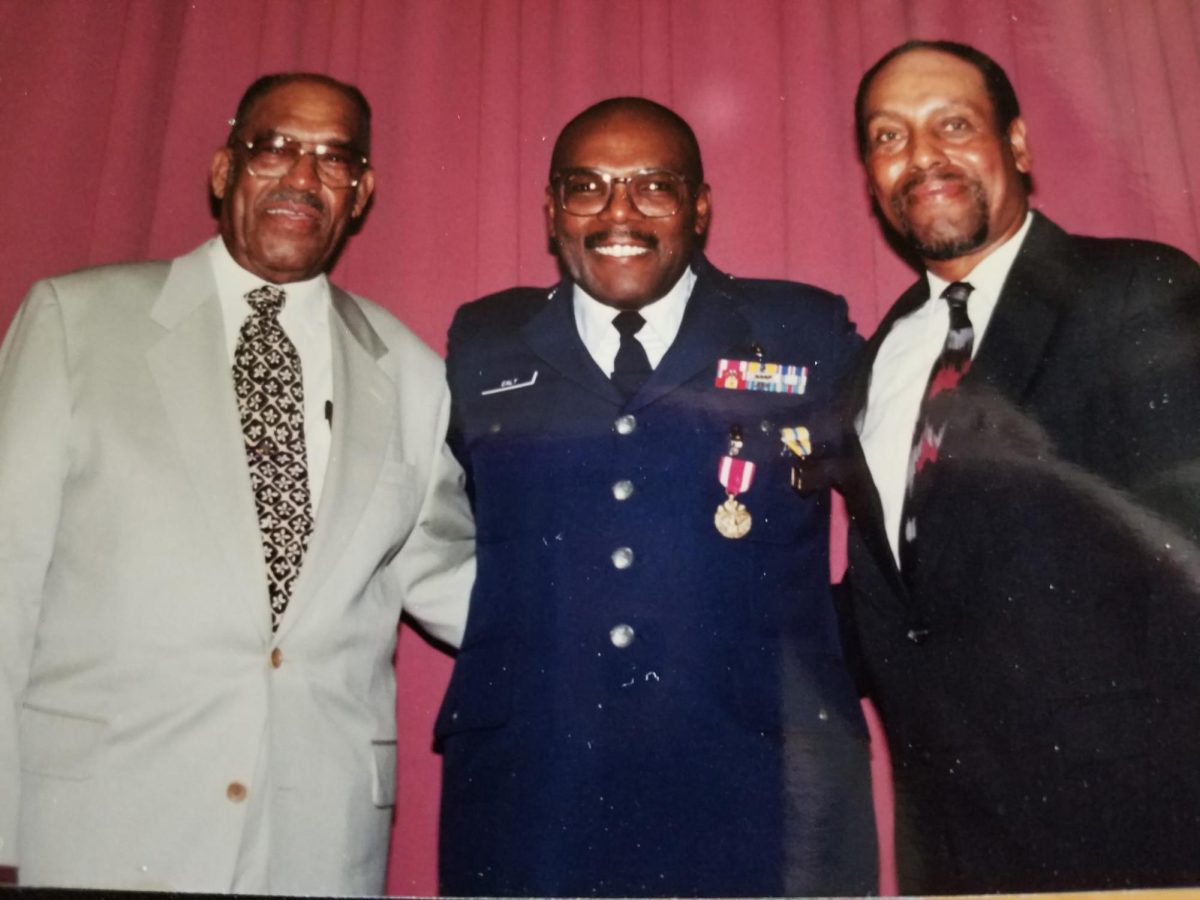
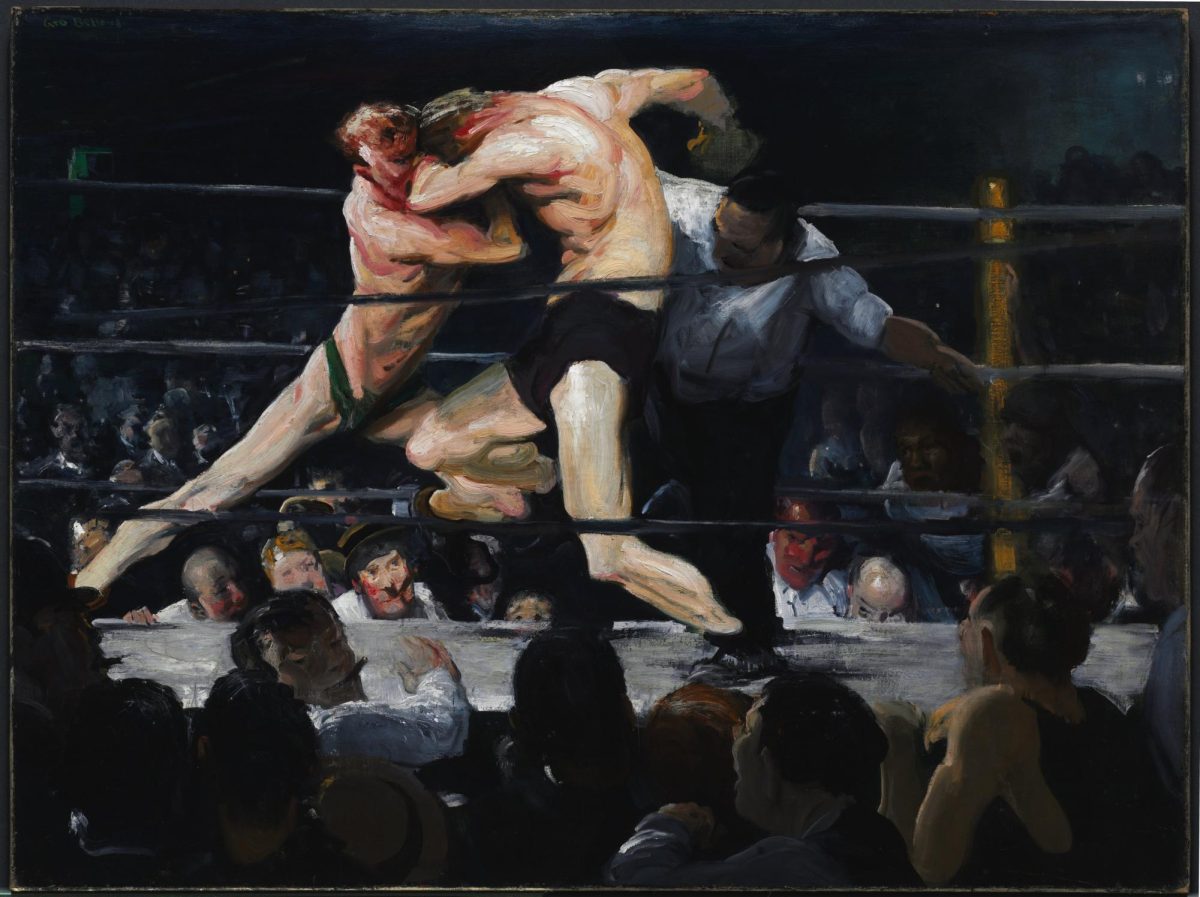

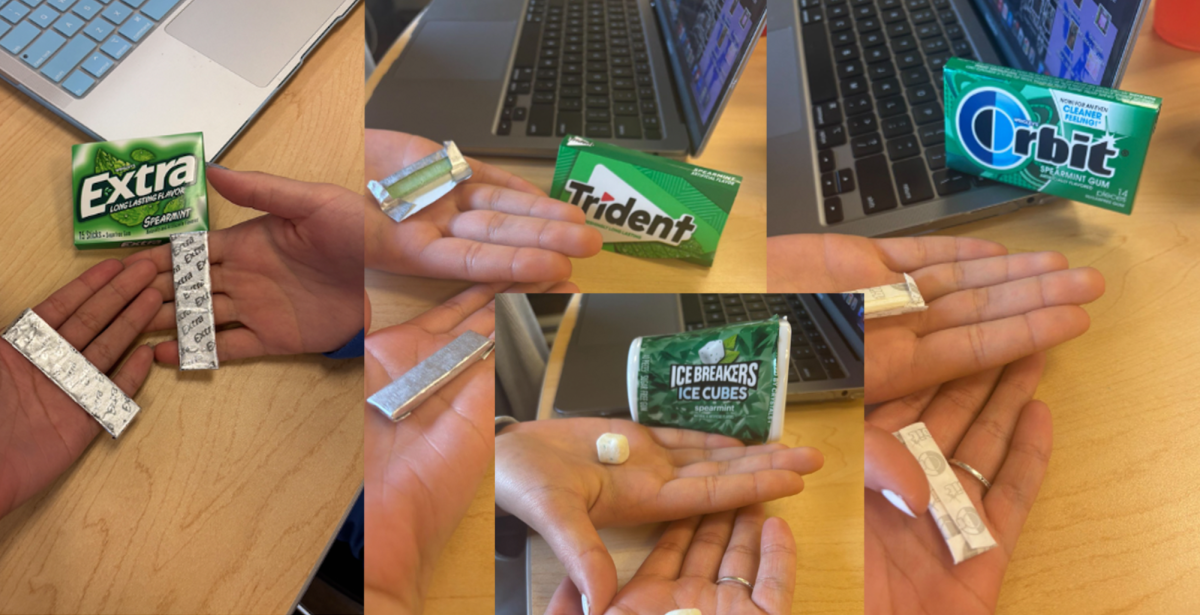
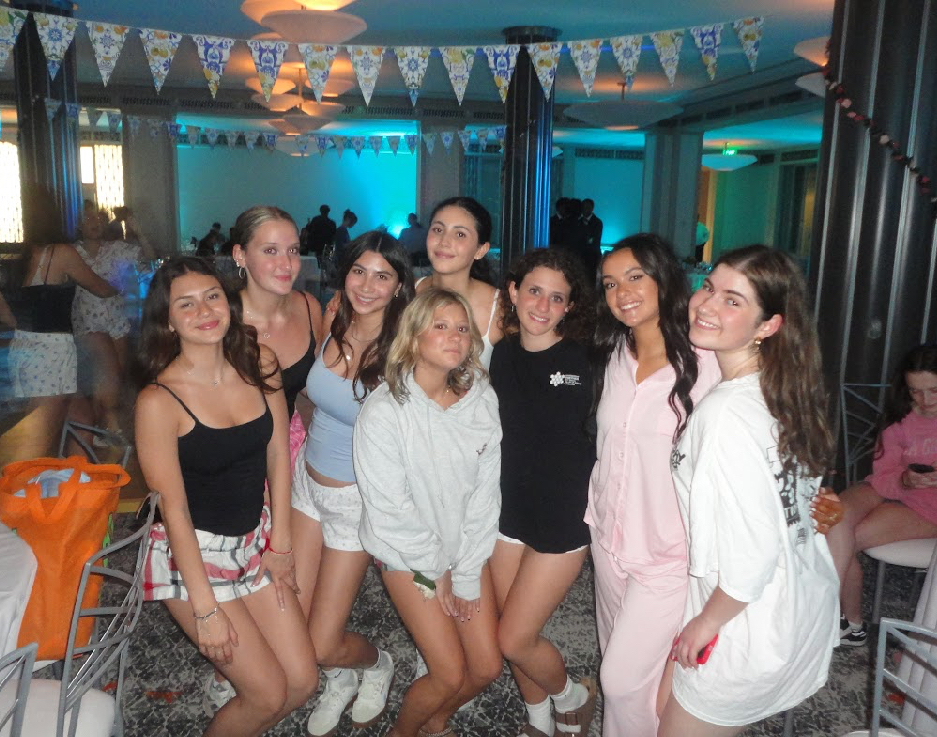

Aviva • May 9, 2024 at 2:26 PM
Excellent review of the Case Western University protests!